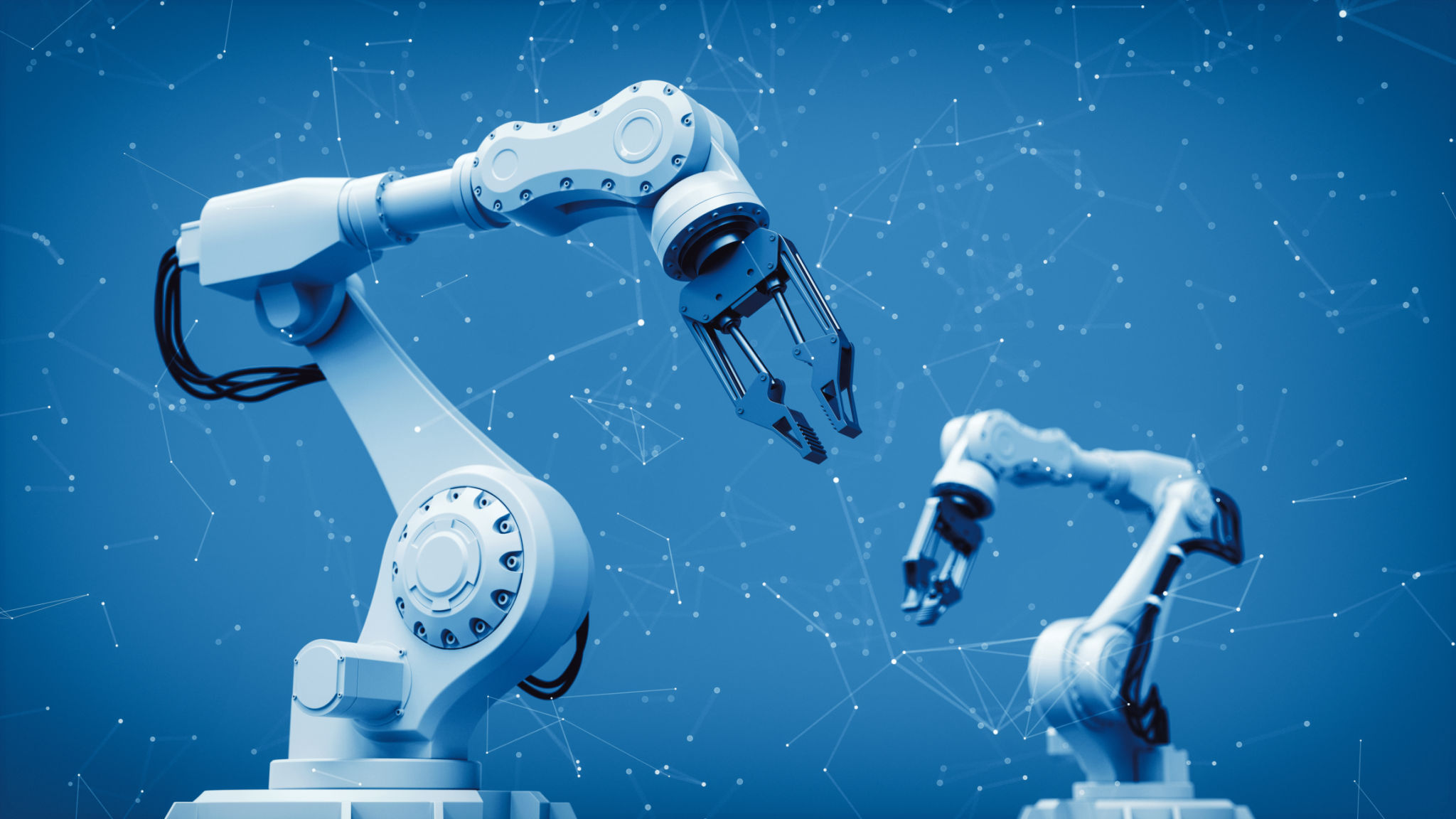Debunking Common Myths About Digital Transformation in Illinois
Understanding Digital Transformation
Digital transformation is more than just a buzzword; it represents a significant shift in how businesses operate and deliver value to customers through technology. In Illinois, as in many other places, there are common misconceptions that can hinder its adoption. Demystifying these myths is crucial for organizations looking to harness the full potential of digital transformation.

Myth 1: Digital Transformation is Only for Tech Companies
A prevalent myth is that digital transformation is relevant only for technology companies. In reality, every industry, from agriculture to healthcare, can benefit from adopting digital tools and strategies. In Illinois, businesses are leveraging technology to enhance customer experiences, streamline operations, and create innovative products and services.
For instance, local retail stores are utilizing e-commerce platforms to reach a broader audience, while agricultural businesses are using data analytics to optimize crop yields. By dispelling the notion that digital transformation is exclusive to tech companies, organizations across various sectors can uncover new opportunities for growth.
Myth 2: It Requires Massive Investments
Another common misconception is that digital transformation demands substantial financial investments that only large corporations can afford. While some initiatives may require significant resources, there are also scalable solutions available for smaller businesses. Cloud computing, for example, offers cost-effective ways to enhance IT capabilities without the need for large upfront investments.

In Illinois, many small and medium-sized enterprises (SMEs) are successfully deploying affordable digital tools to improve efficiency and competitiveness. By starting small and gradually integrating technology into their operations, these businesses can achieve meaningful transformation without breaking the bank.
Myth 3: It Leads to Job Losses
The fear of job losses due to digital transformation is a common concern, but it's important to understand that technology can also create new job opportunities. Automation and AI may streamline certain tasks, but they also enable employees to focus on more strategic and creative roles. In Illinois, businesses are finding that digital transformation allows them to upskill their workforce and attract new talent.
For example, manufacturing companies are adopting advanced technologies like robotics and IoT, which require skilled professionals to manage and maintain these systems. By embracing digital transformation, companies can foster a culture of innovation and continuous learning among their employees.

Myth 4: It’s a One-Time Project
Many organizations mistakenly view digital transformation as a one-time project rather than an ongoing journey. The truth is that technology is constantly evolving, and businesses need to adapt continually to stay competitive. Successful digital transformation involves creating a culture of adaptability and continuous improvement.
In Illinois, forward-thinking companies are adopting agile methodologies that allow them to respond swiftly to technological advancements and changing market dynamics. By viewing digital transformation as a long-term strategy rather than a short-term fix, businesses can ensure sustainable growth.
Embracing the Future
In conclusion, debunking these myths about digital transformation is essential for businesses in Illinois looking to thrive in today's digital age. By understanding that digital transformation is accessible and beneficial across industries, requires scalable investments, creates new opportunities, and is an ongoing process, organizations can position themselves for success.

As technology continues to evolve, embracing digital transformation will be key for Illinois businesses to remain competitive and innovative. By challenging misconceptions and fostering a forward-thinking mindset, companies can unlock new potentials and drive meaningful change in their respective fields.
